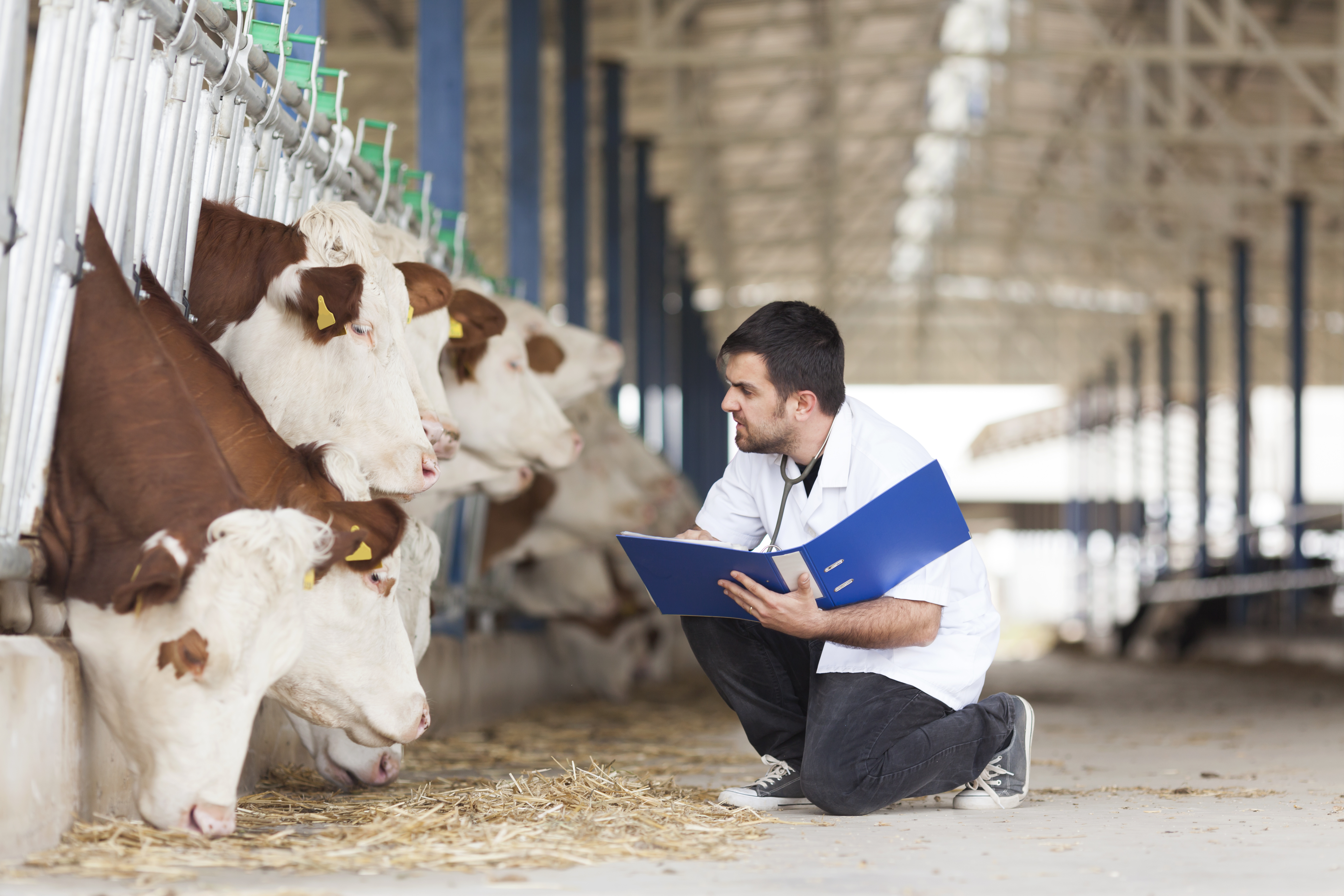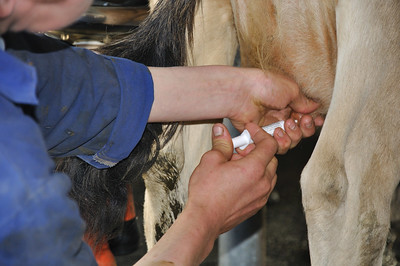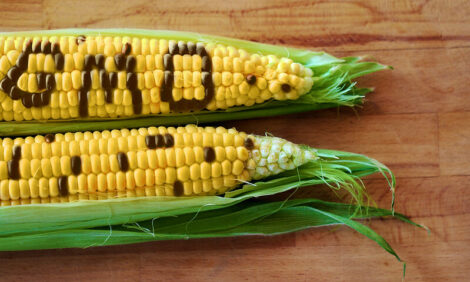



UK cattle vets to spearhead crucial antibiotic data collection
Cattle vets are being called on to spearhead efforts to populate the new national Medicine Hub with farm antibiotic data.The call to action, made at the British Cattle Veterinary Association (BCVA) Congress this week (14-16 October) in Newport, asks vets to help dairy, beef and sheep clients register on the Medicine Hub before the end of the year so they can confidentially share data with it on farmers’ behalf.

UK farms already have among the lowest use of antibiotics in Europe. But while pig, poultry and aquaculture sectors capture antibiotic data for over 90% of production, the large and complex dairy, beef and sheep sectors have struggled to evidence responsible use due to lack of this type of national-level data.
The industry-led Medicine Hub – developed by AHDB – plans to address this. With unprecedented farm-to-fork support, it offers a safe, secure and independent central repository to collate, report and compare antibiotic data from a variety of sources, including on-farm farm use and datasets from vets and processors.
The Medicine Hub is also developing interfaces to transfer in data collected by the Welsh Lamb & Beef Producers antimicrobial use calculator app and the STAMP antimicrobial usage benchmarking tool in Northern Ireland. In addition to this, Quality Meat Scotland’s commitment to promoting good antibiotic stewardship includes mandatory collation of antibiotic data to contribute to national recording.

Both BCVA and the Sheep Veterinary Society have promoted the Medicine Hub in recent months. Registering farm clients will now be an important first step towards demonstrating the success of a wide range of antibiotic stewardship activities undertaken in these sectors over the past five years.
BCVA board member and cattle vet Rachel Hayton, who chairs the Medicine Hub’s industry liaison group and will be speaking about it at the Congress, says it will take time for the Medicine Hub to fully evolve – but the information it eventually provides will be invaluable for many reasons.
“We need to consider UK producers’ reputation and accountability, and meet new national antibiotic use targets agreed by vets and producers through the RUMA Targets Task Force in November 20206,” she explains.
“We know both vets and farmers have been committed to raising the bar on responsible use of antibiotics – we want them to be able to prove this!”

In addition to meeting national targets, Rachel says UK farmers and vets need to consider EU rule changes, with member countries having to provide information on antibiotic use in cattle from 2023 and sheep from 2026.
“This will apply to Northern Ireland directly, but the other three nations indirectly too as they seek trade deals with the EU.
“Vets, as the prescribers and gatekeepers of antibiotics, have a huge role to play in this, which is why we’re asking cattle vets to step up now and be part of developing this hugely exciting platform. Knowing the whole industry is behind this should give vets and farmers alike a huge boost!”
Rachel adds that some vet and producer groups, especially in the dairy sector, are already collating and comparing data. “Subject to data permissions, we are aiming for these private datasets to be incorporated into the Medicine Hub without duplication on the part of the farmer.
.jpg)
“The Medicine Hub will eventually offer everyone with antibiotic data, whether a single farmer, software company, or consultancy with thousands of records, the chance to benchmark their records against the national dataset.”
Click here to find out more about the Medicine Hub and to get registered.


